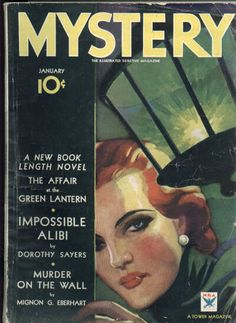One of my major goals this year was to complete some intense subject-matter training. The in-person UC Davis certificate program in paralegal studies began in June. It’s been exhausting, and will continue to be up through mid-November, but I am already seeing returns on this investment.
Besides the study materials coming in handy at my day job at the law office, learning how lawyers think behind the scenes about their work has led to a major breakthrough moment in how I approach my legal translation projects!

American lawyers break pretty much every issue down to four headings: Issue – Rule – Analysis (Application) – Conclusion, or IRAC. It’s the preferred method for deciding whether to take on a case, drafting a letter or brief, and presenting an argument in court. For example:
- Issue—Can I certify this translation?
- Rule—In the US, anyone can certify a translation they produce by signing a declaration under penalty of perjury that they are qualified and have done their best work.
- Analysis—I am qualified, did my best effort, and will sign a declaration to that effect.
- Conclusion—Yes, I can certify this translation.
Now, I’ve translated quite a few divorce decrees in recent years; I know what laws to expect, the general order of the basic parts of the argument, and I know the terms of art to plug in. Last week, though, when I received another run-of-the-mill Hungarian divorce judgment, without even consciously considering what I was doing, I broke the Hungarian text down according to IRAC principles. It was like getting a new pair of prescription glasses—I thought I could see before, but it’s so much clearer now!
All of a sudden, not only do I understand what the words mean and how to render them in English, I also understand how the Hungarian judge was analyzing the parties’s request and facts to reach her decision. In hindsight, the differences in the source text and a parallel American judgment make total sense, based on the differences I already know about the syntax of the languages. Hungarian sentences play with word order so that the part being emphasized comes first (think Yoda-speak: Hungry, I am!). The Hungarian legal argument followed a similar pattern. The basic structure is, “Regarding issue A, the conclusion is X, because of our analysis in light of Rule P.” Besides the issue, the decision is the most important thing in a court document. The American IRAC structure is turned to ICAR in Hungarian.
Figuring this out won’t outwardly change my translations—in legal translation, it’s a no-no to reorder the paragraphs—but it was certainly a fun surprise to read an everyday project in such a new way. If you’ve been on the fence about investing in some subject-matter training, dive in now!
What special training have you taken recently? How has your work surprised you lately? Share in the comments below!








